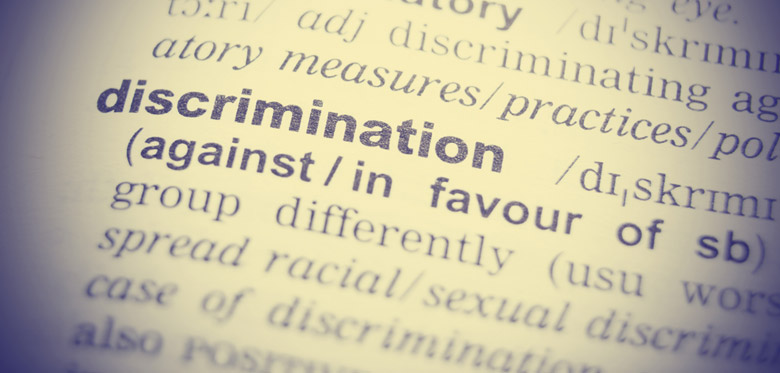Under the Equality Act 2010, higher education providers, such as sixth form colleges and universities, must not discriminate against their students.
Identifying discrimination
You must be reasonably sure that you have been discriminated against under the Equality Act 2010. Being discriminated against means being treated unfavourably in some way, in such circumstances, for example:
- Not having access to certain facilities or services;
- Being excluded from certain courses; or
- Being put at a detriment in some way, for example the institution failing to implement reasonable adjustments recommended by relevant specialists/organisations, to accommodate a disability.
Why are you being treated unfairly?
The unfair treatment is only unlawful if you have what is known as a protected characteristic under the Equality Act 2010. This could be by virtue of:
- A disability
- Gender reassignment
- Pregnancy or maternity
- Race
- Religion or belief
- Sex
- Sexual orientation
- Age
- A marriage or civil partnership
Who is treating you unfairly?
Unfair treatment is only considered as being unlawful if it is carried out by certain people. You therefore need to identify who you think it is that is discriminating against you, this could be the institution as a result of their application of their policies or an employee of the institution.
What action should you take?
If you feel you’ve been discriminated against, you should try to resolve the case before taking court action. You should follow the complaints procedure for the college or university.
Make sure that you identify what possible outcome you would like to achieve, for example:
- An apology
- Reconsideration of a decision that has already been made
- Training of staff on equality and diversity
- A change in a policy
... and ensure that you communicate this to the institution effectively.
If you are unable to resolve the issue by having exhausted all relevant complaints procedures then you may wish to consider taking court action in the county court.
Should you feel that you have been discriminated against by a higher education provider, please contact our specialist discrimination team on 01616 966 229.




Comments